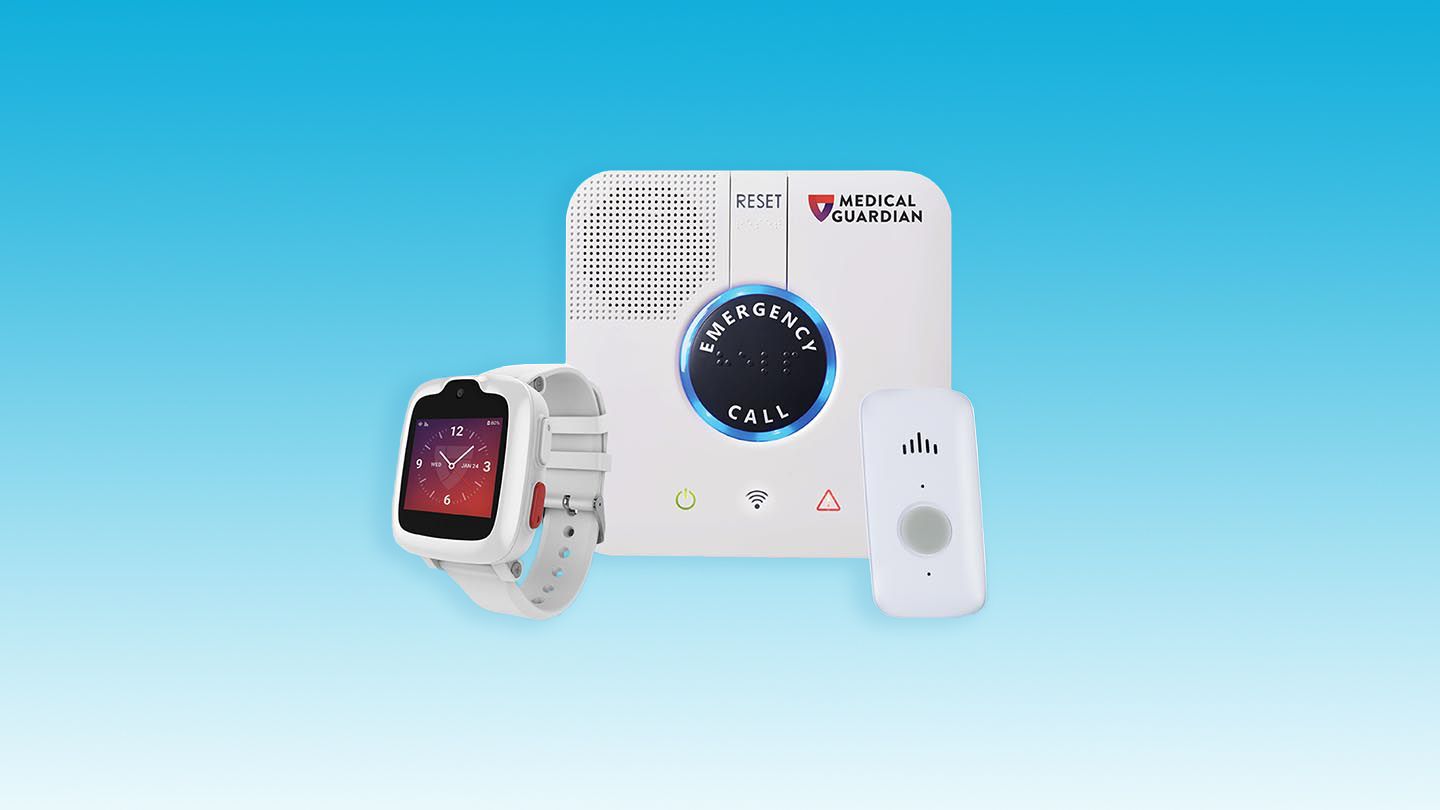Let's be honest navigating Medicare for your parents feels like trying to assemble IKEA furniture without the instructions. You're staring at a bunch of pieces, wondering how they all fit together, and questioning whether you're going to make the right choice before it's too late.
But here's what I've learned from being in your shoes: the secret isn't memorizing plan names or comparing every single option out there. The real key? Understanding what your parent actually needs in their daily life. Not every senior needs a Medigap plan, and jumping into a Medicare Advantage plan without considering their medications and doctor visits can backfire.
I remember sitting at my kitchen table with my mom's medical records, feeling completely lost. She'd just turned 65, and suddenly we were drowning in letters about enrollment periods, Part A, Part B, and something called Medigap. If you're feeling that same panic, take a deep breath. We're going to walk through this together, step by step.
Understanding Your Medicare Options
Before we dive into the nitty-gritty, let's clear up some confusion about what's actually available. Think of Medicare like a menu at a restaurant you can pick and choose what works for your parent's specific needs.
Original Medicare is like ordering la carte. You get Part A (hospital insurance) and Part B (medical insurance) separately. Most people qualify for free Part A if they or their spouse paid Medicare taxes while working. Part B usually costs around $185 per month in 2025.
Medicare Advantage (Part C) is more like a combo meal. These private insurance plans bundle your Part A, Part B, and often Part D (prescription drugs) into one package. The average premium for these plans is about $17 per month, though some are even free.
Part D covers prescription drugs and works alongside Original Medicare. Think of it like adding dessert to your meal it's an extra layer of protection for your medications.
Medigap plans are supplements that help cover the costs that Original Medicare doesn't pay. Imagine Original Medicare as your car's basic insurance, and Medigap as the comprehensive coverage that fills in the gaps.
| Plan Type | Coverage | Pros | Cons |
|---|---|---|---|
| Original Medicare | Hospital + Medical services | Widely accepted, no network restrictions | High out-of-pocket risks |
| Medicare Advantage | All-in-one, includes Part D | Predictable costs, added benefits | Limited networks, prior auth |
| Part D | Prescription coverage only | Standalone prescription protection | Must pair with Part A/B |
| Medigap | Covers gaps in Original Medicare | Reduces OOP cost exposure | Doesn't cover prescriptions |
Assessing Your Parent's Health Needs
Here's where many families make their first mistake choosing a plan based on price alone, without considering what their parent actually uses. It's like buying a sports car for someone who barely drives!
Before you start comparing plans, ask yourself a few important questions:
Does your parent have chronic conditions that require regular specialist visits? Are they taking multiple medications each month? Do they travel frequently or live far from their current doctors? Do they value having access to any doctor who accepts Medicare, or are they comfortable staying within a network?
Let me share a real story that might hit close to home. My mom switched to a Medicare Advantage plan that looked cheaper on paper. Everything seemed great until she needed physical therapy twice a week. The plan required prior authorization for every session, and we got denied twice before figuring out the paperwork. That's when I realized we'd chosen convenience over necessity.
Original Medicare plus a Medigap plan works beautifully for parents who:
- Want to see any doctor who accepts Medicare
- Take multiple medications with expensive tiers
- Prefer predictable coverage without surprise referrals
- Travel frequently or live away from network providers
Medicare Advantage shines for those who:
- Want all their benefits in one simple plan
- Are comfortable staying within a provider network
- Enjoy extra perks like gym memberships or telehealth
- Benefit from having prescription coverage built-in
Breaking Down the Actual Costs
Let's talk money because that's usually what keeps families up at night. The truth is, the cheapest plan isn't always the most cost-effective plan when you factor in everything.
If your parent chooses Original Medicare with a Medigap G plan and Part D, here's what you're looking at:
- Part A: Usually free (covered by work history)
- Part B: About $185 per month ($2,220 per year)
- Part D: Around $36.78 base premium plus medication costs ($500-$3,000 depending on prescriptions)
- Medigap G: Average of $170 per month ($2,040 per year)
The upside? No copays, no deductibles, and no surprise bills. The downside? You're juggling multiple plans and paying the Part B deductible separately.
Going with a Medicare Advantage plan might look like this:
- Part B stays around $185 per month
- Part C premium averages $17 per month (some plans are $0!)
- Prescription coverage is built right in
This route offers simplicity and often includes extra benefits like dental, vision, or wellness programs. But if your parent needs to see specialists outside the network, costs can add up quickly.
And don't forget about help if money's tight. Some seniors qualify for Extra Help through Social Security or Medicare Savings Programs if their income is limited. It's worth checking the Medicare.gov subsidy tool to see what assistance might be available.
Enrollment Timelines and Common Mistakes
Messing up the timing can cost your parent hundreds or even thousands in penalties. Trust me, I've seen families learn this the hard way.
The Initial Enrollment Period starts three months before your parent's 65th birthday and ends three months after. If they're already receiving Social Security, Medicare enrollment happens automatically. But if not, you'll need to actively sign them up.
The Annual Open Enrollment Period runs from October 15 to December 7 each year. This is when you can switch between Medicare Advantage plans or move from Original Medicare to a Medicare Advantage plan.
Special Enrollment Periods happen when life changes moving, losing employer coverage, or other qualifying events.
Here are mistakes I see families make all the time:
Waiting too long because your parent isn't ready to retire. But Medicare eligibility is based on age, not employment status. Delaying enrollment can mean penalties that last as long as they have Medicare.
Assuming automatic enrollment when your parent isn't on Social Security yet. I know one family who thought everything was handled, only to realize months later that their dad had missed his Initial Enrollment Period entirely.
Forgetting about Part B penalties unless there's a legitimate exception. If your parent didn't sign up during their Initial Enrollment Period and doesn't qualify for a Special Enrollment Period, they could pay a 10% penalty for each full 12-month period they were eligible but didn't enroll.
Practical Steps to Make the Right Choice
Enough with the theory let's get practical. Here's how to actually walk through this decision without losing your mind:
First, gather your parent's medical records from the past year. What doctors have they seen? What medications are they taking? This isn't just paperwork it's your roadmap to choosing the right plan.
Next, create a simple comparison chart. List each plan option side by side, including monthly premiums, deductibles, and what they actually need covered. I promise, seeing it written down makes everything clearer.
Talk to your parent's current doctors. Which plans do they accept? Are there any network restrictions that could affect care your parent needs?
Check the prescription formularies for each plan. It's not enough to know a plan covers drugs you need to know if it covers your parent's specific medications at a reasonable cost.
And here's something I wish someone had told me earlier: get help. Contact your state's SHIP (State Health Insurance Assistance Program) counselor. These folks are trained specifically to help with Medicare questions, and they're completely free. You can also work with licensed agents who are paid by insurance companies, not you.
My best friend worked with an agent when helping her elderly father choose a plan, and she was amazed at how much time it saved. The agent walked them through options they hadn't even considered and helped avoid some costly mistakes.
Making It a Team Effort
This isn't a decision you should make alone. Include your parent in the conversation as much as possible. After all, it's their health, their money, and their peace of mind we're talking about.
Schedule a family meeting maybe over coffee or dinner. Bring your notes, your questions, and your parent's medical records. Make it collaborative, not overwhelming.
Remember that what worked for your neighbor's parents might not be right for your situation. Just like people have different tastes in food or music, they have different needs when it comes to healthcare coverage.
Don't be afraid to ask questions, even if they seem basic. I've learned that the "dumb" questions often lead to the most important discoveries. Is there a difference between plans in terms of specialist access? What happens if your parent needs emergency care while traveling? These are exactly the kinds of things you should be asking.
And if this feels like too much to handle right now, that's okay too. You don't have to make all the decisions today. Start with gathering information, checking enrollment dates, and connecting with resources that can help guide you through the process.
Wrapping It Up
Choosing a Medicare plan for your parents doesn't have to feel like solving a complicated puzzle in the dark. When you focus on what they actually need, rather than getting lost in plan names and jargon, everything becomes much clearer.
The best plan isn't necessarily the cheapest or the most popular. It's the one that aligns with your parent's health needs, budget, and lifestyle. Whether that's Original Medicare with a good supplement, a comprehensive Medicare Advantage plan, or something else entirely depends on their unique situation.
Remember that you're not alone in this. Resources exist to help, from SHIP counselors to licensed agents to online tools. Use them. Don't try to figure everything out by yourself that's a recipe for stress and potentially missed opportunities.
Most importantly, approach this as a team effort. Your parents have been making decisions and solving problems for decades. Include them in this process, respect their preferences, and work together to find a solution that gives everyone peace of mind.
When we help our parents navigate Medicare successfully, we're not just checking off another item on our to-do list. We're ensuring they have the healthcare security they deserve, so they can focus on what really matters spending quality time with family, pursuing hobbies, and enjoying their golden years.
That's worth every bit of effort we put into getting it right.
FAQs
What is the best Medicare plan for parents?
The best Medicare plan for parents depends on their health needs, medications, and preferred doctors. Original Medicare with a Medigap plan works well for those who want flexibility, while Medicare Advantage is ideal for all-in-one coverage with extra benefits.
When should parents enroll in Medicare?
Parents should enroll during their Initial Enrollment Period, which begins three months before their 65th birthday and ends three months after. Missing this window may lead to late penalties.
Do Medicare Advantage plans cover prescriptions?
Yes, most Medicare Advantage plans include prescription drug coverage (Part D) as part of their package, making them a convenient option for seniors who take regular medications.
Can parents switch Medicare plans every year?
Yes, during the Annual Open Enrollment Period (October 15 to December 7), parents can switch between Medicare Advantage plans or move from Original Medicare to a Medicare Advantage plan.
Is Medigap better than Medicare Advantage for parents?
It depends on their needs. Medigap offers broader provider access and fewer restrictions, while Medicare Advantage provides predictable costs and often includes added perks like dental and vision.
Disclaimer: This article is for informational purposes only and does not constitute medical advice. Always consult with a healthcare professional before starting any new treatment regimen.
Related Coverage
What happens physically and mentally leading up to death and just after, according to scientific research. Covers brain activity, reflexes, the transition, and theories about consciousness....
Psychedelic waters remain federally illegal, but some states allow limited use. Learn about the complex legal status, safety concerns, and tips for responsible use....
Learn how American Indians and Alaska Natives can save on Medicare costs with special programs and protections....
Learn how to get and use your Medicare OTC card for free health and wellness items....
Find out if Medicare covers Uber rides for medical appointments and discover alternatives to make transportation easier and more affordable....
Stay safe with medication safety for seniors. Get practical tips to manage prescriptions, avoid interactions, and protect your health....
Learn how Medical Guardian medical alert systems work, pricing, features and more. Reviews and frequently asked questions to help decide if it's the right choice....
Beers Criteria 2023 helps older adults avoid risky medications and choose safer options for aging well with fewer side effects and better health outcomes....
Compare Medicare enrollment periods like IEP and ICEP to make informed coverage decisions without penalties....
Find out how Medicare caregiver coverage works, who qualifies, what services are paid, and tips to avoid costly surprises....









